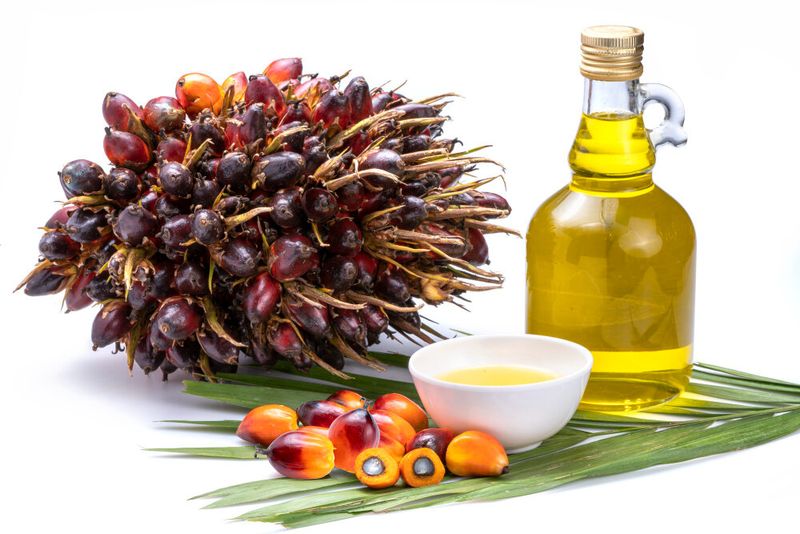Indonesia’s March palm oil exports ease on rising local demand

Indonesia’s crude and refined palm oil exports dipped nearly 2% in March from February as local consumption rose due to Ramadan, but shipments remained the highest in four years for the month of March.
The higher exports than last year from Indonesia, the world’s biggest producer of the tropical oil, will help in bringing down stocks and support prices that started trading at a discount to rival soyoil after holding premium for the last few months.
Indonesia exported 2.02 million metric tonnes of crude and refined palm oil in March, down slightly from the previous month’s 2.06 million tons, data from the statistics bureau showed on Monday. But exports were still up 13% from March 2024.
March shipments were worth US$2.19 billion (RM9.6 billion), compared with February’s US$2.27 billion, the data showed.
The bureau’s data excludes palm kernel oil, oleochemicals and biodiesel. Indonesia’s palm oil association Gapki usually releases its own data at a later date, which cover more products and so has different export figures.
In Indonesia, the world’s largest Muslim-majority nation, palm oil consumption usually rises during holy month of Ramadan.
There wasn’t a significant drop in Indonesian exports in March because its palm oil prices remained attractive to buyers compared to Malaysian offerings, said Anilkumar Bagani, research head of Mumbai-based vegetable oil broker Sunvin Group.
“April exports are expected to be higher than March due to a strong buying by India and other Asian buyers,” he said.
Palm oil mainly competes with soyoil and sunflower oil supplies from Argentina, Brazil, Russia, and Ukraine.
“Palm oil has now started trading at a discount to soyoil. This should boost exports in the coming months, when production is also expected to rise,” a New-Delhi-based dealer with a global trade house said.
Despite lower exports, palm oil inventories in Indonesia may have declined due to lower output during the Ramadan holidays and increased consumption with the country’s implementation of a 40% mandatory biodiesel blend, the dealer said.
For almost 30 years of expertise in the agri markets, UkrAgroConsult has accumulated an extensive database, which became the basis of the platform AgriSupp.
It is a multi-functional online platform with market intelligence for grains and oilseeds that enables to get access to daily operational information on the Black Sea & Danube markets, analytical reports, historical data.
You are welcome to get a 7-day free demo access!!!
Read also
Abbey Commodities – General Partner of BLACK SEA GRAIN.KYIV-2026
Black Sea & Danube Barley Market at a Turning Point: Demand Pressure and Regi...
US Supreme Court rules Trump’s emergency duties illegal
Mercosur: Protective measures for European agriculture
US makes concessions on pulses in new trade deal with India
Write to us
Our manager will contact you soon



